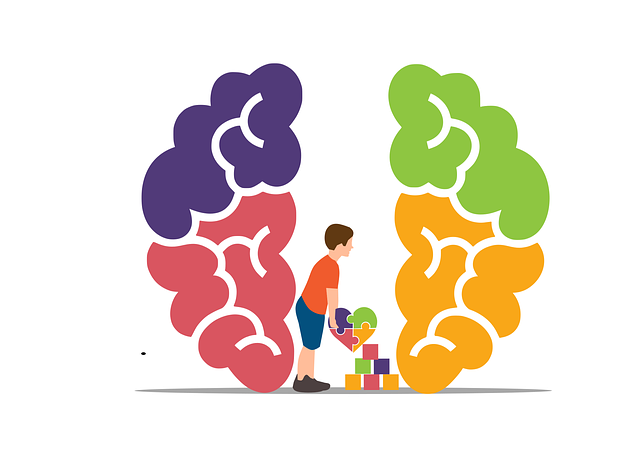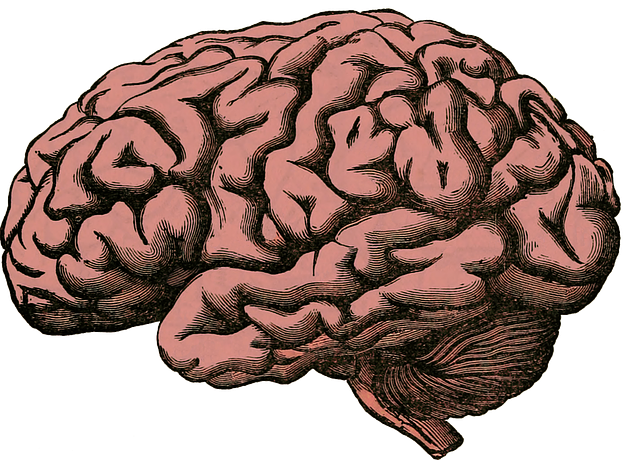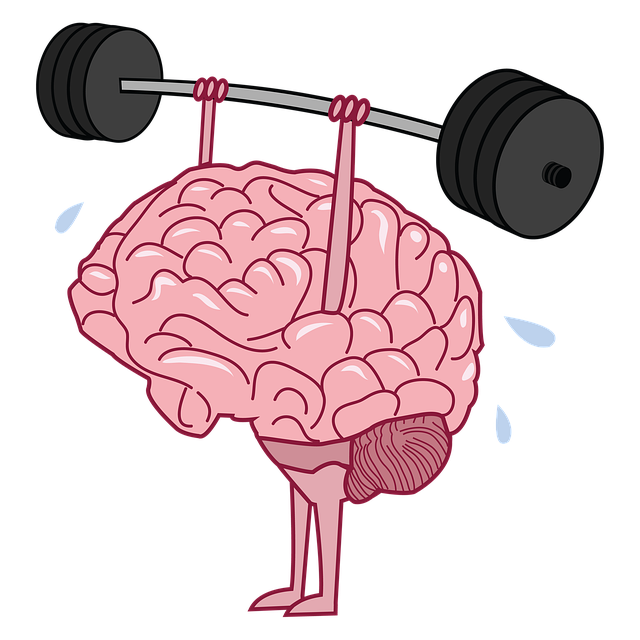Mental wellness groups like Lakewood Postpartum Depression Therapy create safe spaces for new mothers and individuals struggling with mental health to connect, share experiences, and build resilience. Facilitators use culturally sensitive approaches and evidence-based techniques, including cognitive-behavioral therapy and mindfulness exercises, to foster open dialogue and empower clients with coping strategies. These group sessions, combined with tailored resources like podcasts and social skills training, promote self-awareness, improve mental health outcomes, and prevent burnout for both participants and facilitators. Lakewood's specialized programs focus on holistic support, stress reduction, and self-care to combat issues like postpartum depression, emphasizing long-term recovery through owner mental wellness management.
Mental wellness groups play a pivotal role in fostering support and recovery. In this article, we explore effective facilitation techniques for group therapy, drawing insights from a case study of the Lakewood Postpartum Depression Therapy program. We’ll delve into creating safe spaces, facilitating engaging discussions, and providing continuous support beyond sessions. By examining these strategies, we aim to empower facilitators and ensure lasting positive outcomes, particularly for new mothers facing postpartum depression, as demonstrated by Lakewood’s successful approach.
- Understanding Mental Wellness Groups: Creating a Safe Space
- Facilitation Techniques for Effective Group Therapy
- Lakewood Postpartum Depression Therapy: A Case Study Approach
- Empowering Participants: Tools for Continuous Support Beyond Sessions
Understanding Mental Wellness Groups: Creating a Safe Space

Mental wellness groups offer a unique and supportive environment for individuals to connect, share experiences, and gain insights from one another. These groups play a pivotal role in promoting mental health and healing by fostering a sense of community and belonging. In the context of Lakewood Postpartum Depression Therapy, such groups provide a safe haven where new mothers can openly discuss their struggles, challenges, and triumphs without fear of judgment. By creating a non-judgmental space, facilitators encourage participants to explore their emotions, build resilience, and develop coping strategies tailored to their specific needs.
Cultural sensitivity in mental healthcare practice is an integral aspect of effective group facilitation. Recognizing and respecting diverse cultural backgrounds ensures that every member feels understood and valued. This approach not only enhances the overall group experience but also encourages open dialogue about unique perspectives on mental wellness. Moreover, burnout prevention strategies are essential for facilitators to maintain a healthy work-life balance, ensuring they can support their clients with sustained energy and empathy. Through thoughtful planning, inclusive language, and self-care practices, facilitators create an enabling environment that empowers individuals on their journey towards mental well-being, potentially leading to positive policy changes in the broader mental health landscape, including advocacy for improved access to services like Lakewood Postpartum Depression Therapy.
Facilitation Techniques for Effective Group Therapy

Group therapy sessions offer a powerful platform for individuals to connect, heal, and grow. As a facilitator, employing various techniques can significantly enhance the effectiveness of these therapeutic gatherings. One key approach is to create a safe and supportive environment where every participant feels heard and respected. Encouraging open dialogue and fostering a sense of community helps individuals feel less isolated in their struggles. Techniques like active listening, reflective summarizing, and normalizing experiences can validate clients’ feelings and promote self-awareness.
Additionally, integrating evidence-based practices such as cognitive-behavioral techniques and mindfulness exercises can empower participants to manage their mental health proactively. Facilitators should guide discussions that explore negative thought patterns and replace them with more positive, realistic perspectives. Encouraging self-reflection through journaling or sharing circles can boost self-esteem improvement and help individuals identify personal strengths. By combining these facilitation techniques, therapists can create a dynamic and therapeutic space tailored to the unique needs of the group, ultimately contributing to successful outcomes like burnout prevention for participants, especially those dealing with postpartum depression in Lakewood.
Lakewood Postpartum Depression Therapy: A Case Study Approach

In recent years, there has been a growing recognition of the unique challenges faced by new mothers, leading to an increased focus on Lakewood Postpartum Depression Therapy. This case study approach delves into the effectiveness of specialized programs designed to combat postpartum depression (PPD) within the vibrant community of Lakewood. The initiative aims to provide a supportive environment where women can openly discuss their experiences, fostering a sense of belonging and understanding.
The program incorporates various stress reduction methods, social skills training, and self-care routine development for better mental health. Through group therapy sessions, participants learn coping strategies to manage PPD symptoms while building a network of support. This holistic approach not only addresses the individual’s mental wellness but also empowers women with tools to navigate the challenges of motherhood, ensuring they receive the care they need in a nurturing and non-judgmental setting.
Empowering Participants: Tools for Continuous Support Beyond Sessions

Facilitators play a vital role in empowering participants to continue their mental wellness journey beyond scheduled sessions. One effective technique is to equip them with practical tools and strategies that they can integrate into daily life, reinforcing what has been learned during therapy. This could involve sharing accessible resources like mental health awareness podcasts or online platforms dedicated to fostering social skills training. By providing continuous support, facilitators ensure that clients feel empowered to manage their mental health proactively even after the formal treatment period ends.
For instance, in cases of postpartum depression, where the struggle for mental wellness might be particularly challenging, ongoing guidance is crucial. Facilitators can offer tailored resources like support groups or counseling services, specifically designed to address the unique needs of new mothers. Additionally, encouraging participants to maintain journals or track their moods and thoughts can help them develop self-awareness and identify triggers early on. These practices not only promote continuous learning but also create a sense of ownership over one’s mental health, which is essential for long-term recovery.
Mental wellness group facilitation plays a pivotal role in fostering community and healing. Techniques discussed, including creating safe spaces and empowering participants with continuous support tools, have been shown to be effective, as evidenced by the case study of Lakewood Postpartum Depression Therapy. By implementing these strategies, facilitators can enhance group therapy outcomes, ultimately improving mental health and well-being for all involved.








